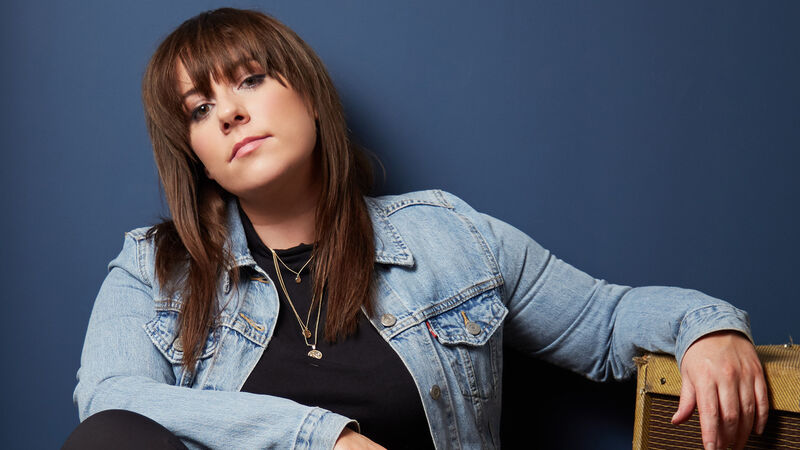Stephanie Rainey: 'It took me a long time to recover, but you have to get up again and keep going'

Cork singer-songwriter Stephanie Rainey filmed the video for her latest release, 'No Cowboy' in LA before the Covid era. Picture: Miki Barlok
When Stephanie Rainey flew to Los Angeles in February 2020, she was excited at the prospect of performing at a music showcase and the opportunity to shoot a video for one of her songs in one of the world’s most iconic locations. Just a short time later, it was time to return home, and all had changed utterly.
“When I was going out there, I was one of the only people wearing a mask on the plane — I wear it for my voice, so I don’t get a dry throat. By the time I was coming back, the whole place was masked up. It was like coming back to a different world,” she says.




